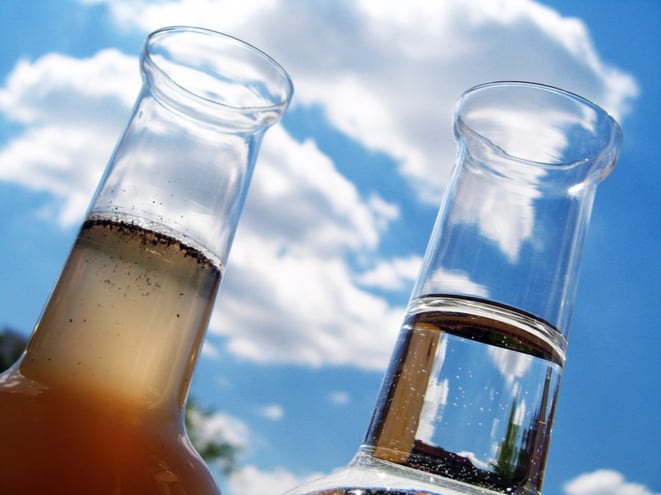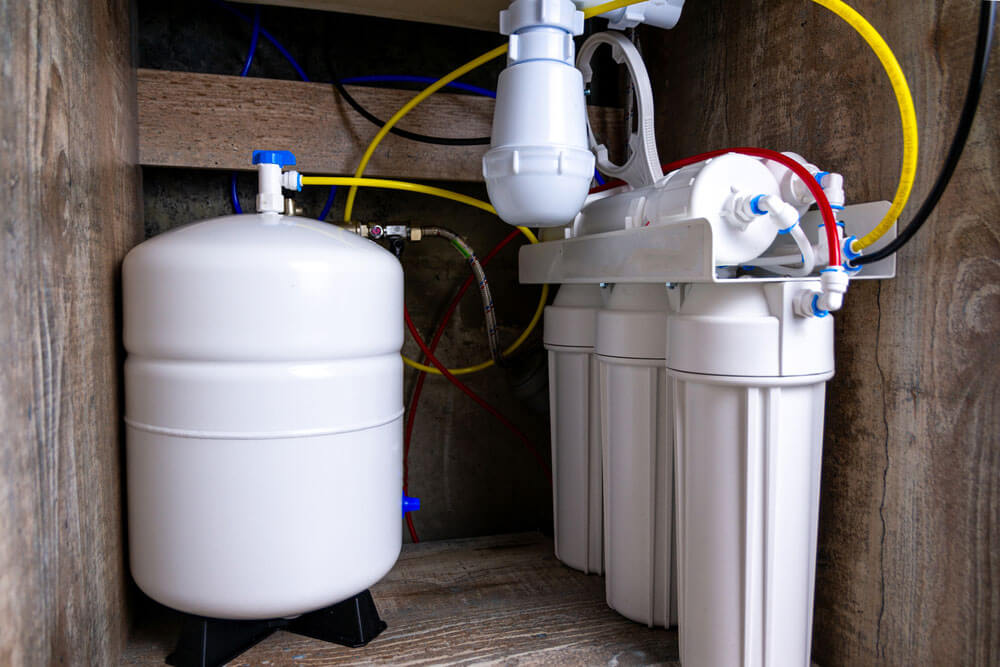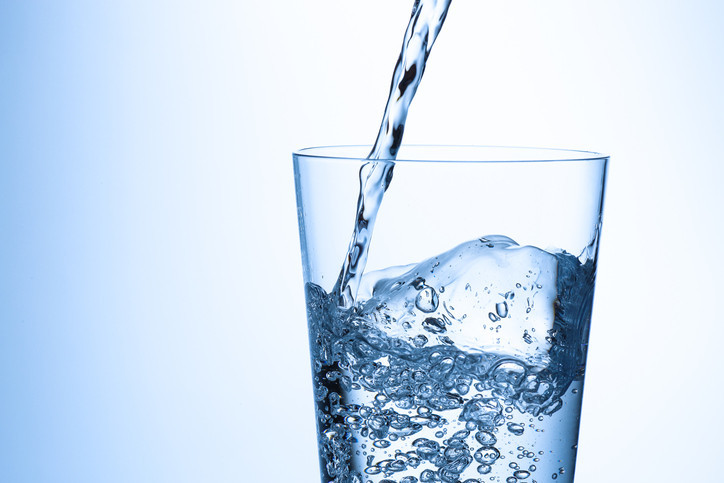Easy and Effective Ways to Purify Water

In a country where waterborne diseases result in over 10,000 deaths annually, we don’t need to emphasize why there is an urgent need for a water purifier in every household. While higher authorities might be doing their best to provide us with clean and safe drinking water, we, too, have a responsibility. We need to ensure that our homes and workplaces are fitted with an electric water purifier for safe and clean water. Most people trust an RO Water Filter or an RO UV Water Purifier for their drinking water needs, but there are other alternative methods that you can try.
Here are some of the most effective water purification methods that have stood the test of time:
1. Boiling
The simplest method to purify water is to boil it for a good time. High temperatures cause the bacteria and virus to dissipate, removing all impurities from the water. In doing so, chemical additions cease to exist in the water. However, the dead micro-organisms and impurities settle at the bottom of the water, and boiling does not help eliminate all the impurities. You must strain the water through a microporous sieve to completely remove the impurities.
2. Water Purifier
An electric water purifier is the most trusted form of water purification found in most houses today. A water purifier uses a multi-stage process involving UV and UF filtration, carbon block, and modern water filtration technology that eliminates most of the chemicals and impurities, making it the purest drinking water.
3. Reverse Osmosis
An RO Purifier proves to be one of the best methods of purifying water. Reverse Osmosis forces water through a semipermeable membrane and removes contaminants. The TDS Controller and Mineraliser Technology, like the one found in an A. O. Smith RO UV Water Purifier, help retain the necessary nutrients while doing away with harmful impurities.
4. Water Chlorination
It is an older technique used usually during an emergency, wherein a mild bleach with approximately 5% chlorine is added to the water. This mixture works as an oxidant and quickly kills microorganisms, making water safe for consumption.
5. Distillation
Distillation is a water purification process involving collecting the condensed water after evaporation, ensuring that water is free of contaminants. However, this isn’t as effective as an RO filter because it is time-consuming and eliminates minerals.
6. Iodine Addition
Iodine is a red chemical that is easily available as a tablet or a liquid. It is extremely powerful as it kills bacteria and viruses. However, it adds an unpleasant taste and can be fatal if taken in high doses. Therefore, it should only be used if you don’t have access to a better method of purification like an electric water purifier.
7. Solar Purification
An alternative to the UV filtration is solar purification which involves treating water with the ultraviolet radiation of the sun. The process involves filling a plastic bottle with water, shaking it to activate the oxygen and leaving it horizontally in the sunlight. This effectively kills bacteria and viruses present in the water, making it safe for consumption.
8. Clay Vessel Filtration
Way before people had access to an RO or UV Purifier, they used clay pots which purified muddy water, by blocking out the mud and allowing pure, potable water to pass through. This method is still used in some rural regions.
9. UV Radiation
Water is exposed to a UV Light that kills microorganisms, thereby preventing it from breeding further. But if not coupled with an RO Filter, UV Radiation alone cannot remove impurities and heavy metals.
10. Desalination
This method is used when water with a certain level of salinity needs to be filtered. This process is helpful.…
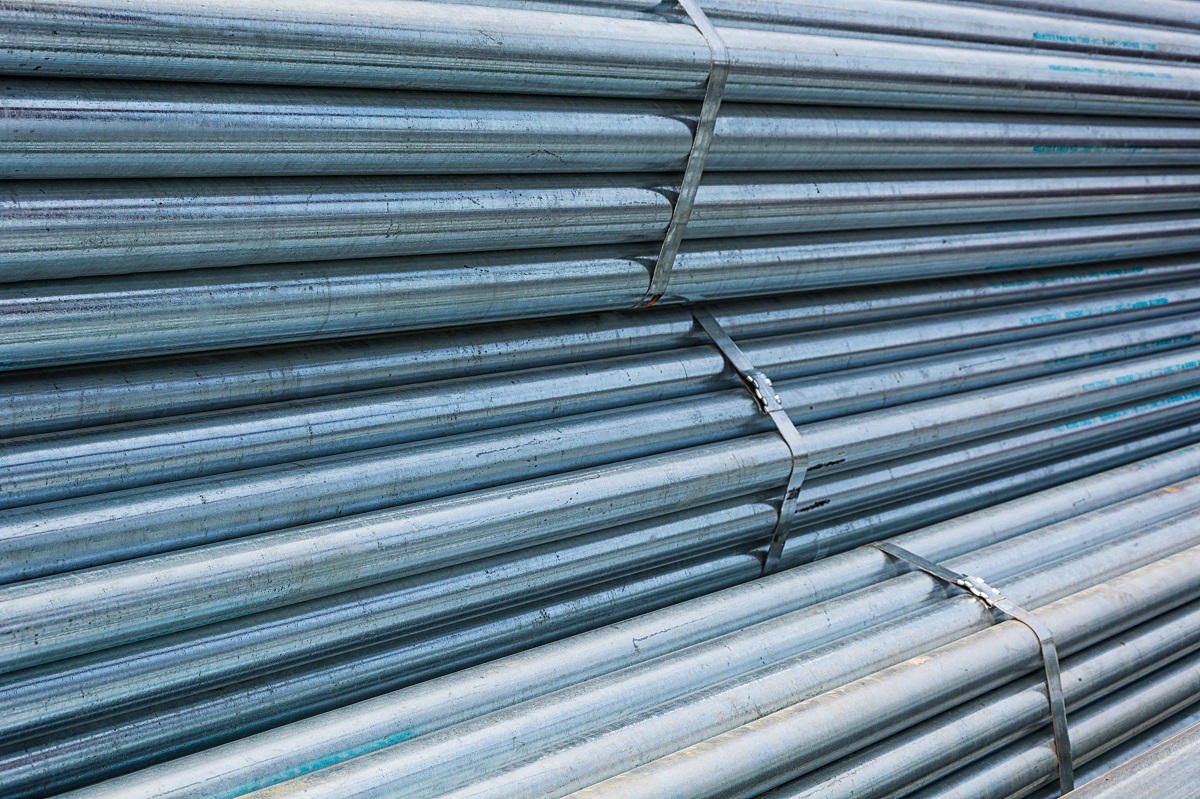
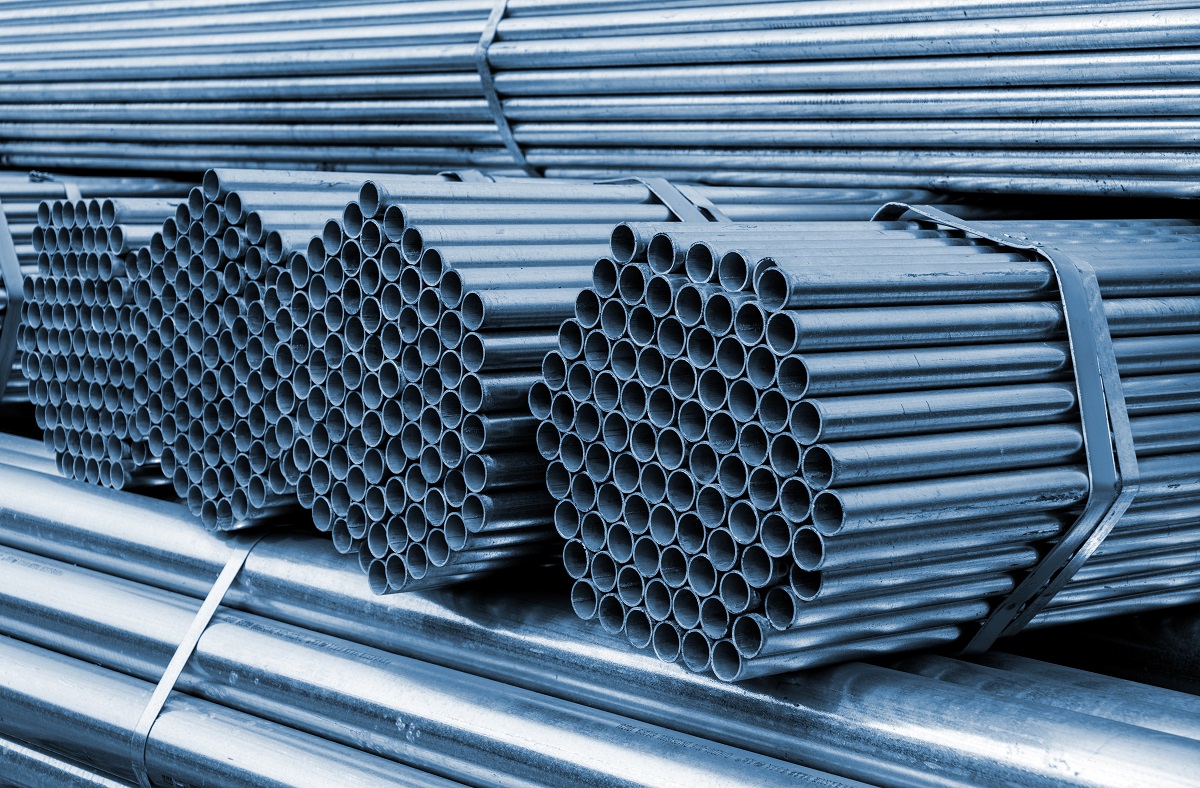
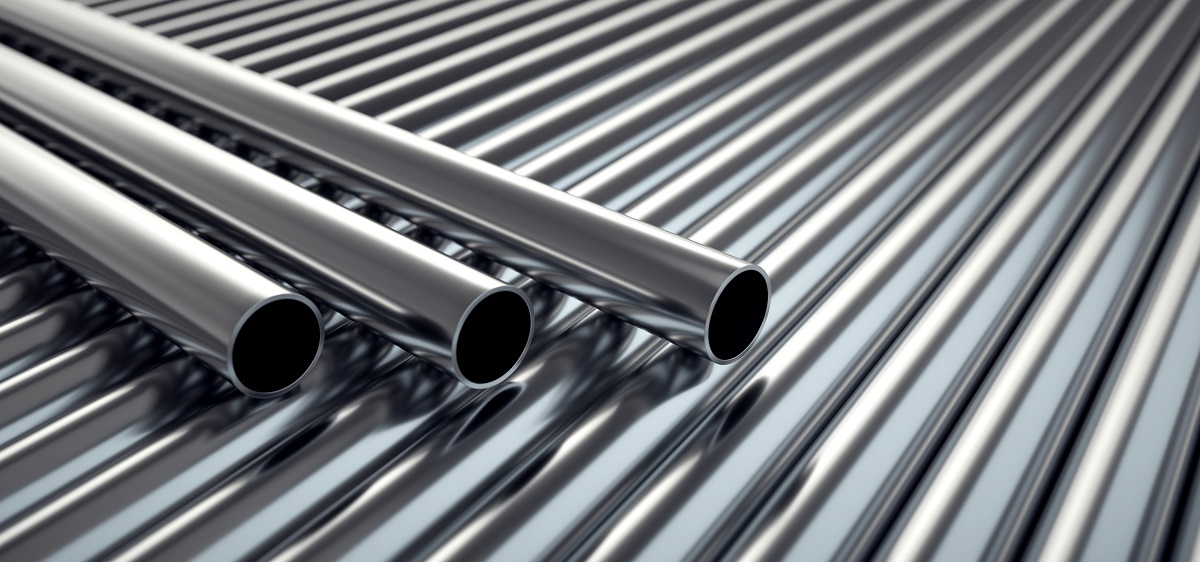
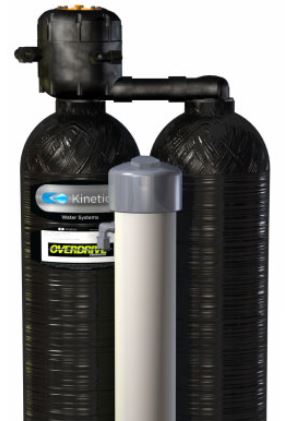 A whole house filter is a type of filter that is connected to the main supply so that the water that enters your house is already treated. Unlike point-of-use filters, which are installed to filter water from the house, point-of-entry filters let your water dispensers – kitchen, laundry, bathtubs, showers and toilets dispense filtered water. Water filtration is an easy process that ensures water flowing has great taste and is purified. At Schultz Soft Water, our professionals know that the type of filter that you purchase can impact the quality and the amount of water that can flow in your house. As a rule, you need to consider the credibility and the reputation of the company or the vendor that you want to deliver the filters. Here are the top 5 tips on choosing the best whole house water filters for your home.
A whole house filter is a type of filter that is connected to the main supply so that the water that enters your house is already treated. Unlike point-of-use filters, which are installed to filter water from the house, point-of-entry filters let your water dispensers – kitchen, laundry, bathtubs, showers and toilets dispense filtered water. Water filtration is an easy process that ensures water flowing has great taste and is purified. At Schultz Soft Water, our professionals know that the type of filter that you purchase can impact the quality and the amount of water that can flow in your house. As a rule, you need to consider the credibility and the reputation of the company or the vendor that you want to deliver the filters. Here are the top 5 tips on choosing the best whole house water filters for your home.

 It’s extremely important to confirm your water has been purified or treated before drinking. If your water is contaminated and you don’t have bottled water, there are various water purification methods that are used today, and each method has its merits and demerits. Filtering is good for basic water tasks such as sediment and chlorine removal, but in the long run reverse osmosis is the best option. At Schultz Soft Water we focus on reverse osmosis units because they require a lot less energy and time required to make water versus distillation.
It’s extremely important to confirm your water has been purified or treated before drinking. If your water is contaminated and you don’t have bottled water, there are various water purification methods that are used today, and each method has its merits and demerits. Filtering is good for basic water tasks such as sediment and chlorine removal, but in the long run reverse osmosis is the best option. At Schultz Soft Water we focus on reverse osmosis units because they require a lot less energy and time required to make water versus distillation.